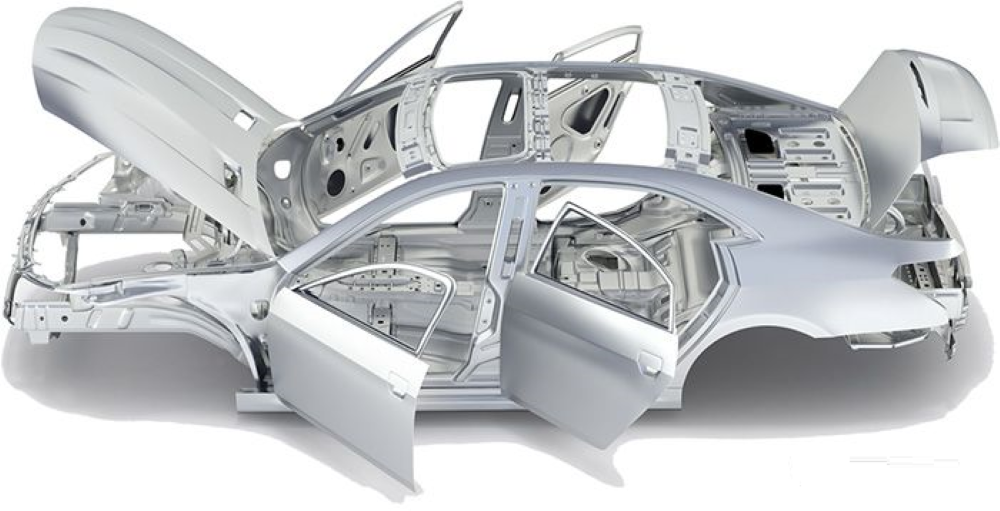

Nearly five years since the Covid-19 pandemic, which forced the US automakers to stop production, and now factories are hitting the same brakes once more. A shortage of domestic aluminium, restrictions on semiconductor exports and increasing tariffs are causing delays for key models, like Jeep SUVs and Ford’s high-end vehicles. Additionally, supply chain issues and geopolitical tensions are slowing down America’s auto industry, leaving us to wonder how long production can keep moving forward.

Reasons troubling the US automotive industry
The US automotive industry is facing a major setback due to a fire at Novelis, a leading aluminium supplier. This incident occurred last month at its facility in Oswego, New York and it is particularly concerning because Novelis provides a significant portion of the aluminium sheet used in vehicles, including the popular Ford F-150 pickup. In fact, Novelis supplies about 40 per cent of the aluminium sheet for the entire US auto sector, making this disruption highly impactful.
The US automakers are currently grappling with new supply chain challenges as Nexperia, a semiconductor manufacturer from the Netherlands, halts exports due to rising tensions between the US and China. The Dutch government has recently stepped in with emergency measures to take control of Nexperia’s management, expressing concerns that the company could transfer vital technology to its parent company, Wingtech, based in China. As a result, semiconductor exports have faced restrictions. At the time, reports indicated that this decision was partly driven by pressure from the Trump administration.
The plea by AAI
The Alliance for Automotive Innovation (AAI), which represents big names in the auto industry like General Motors, Toyota, Ford, Volkswagen and Hyundai Motor, is sounding the alarm about a pressing issue. They are warning that if semiconductor exports are suspended, it could throw a serious wrench in vehicle production. John Bozzella, AAI’s president and CEO, emphasised that “if shipments of automotive chips don’t get back on track soon, auto production in the US and several other markets will come to a standstill, causing ripple effects that will affect other industries too.”
Responses








